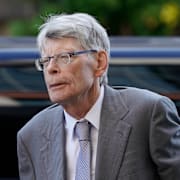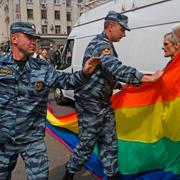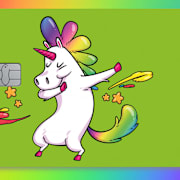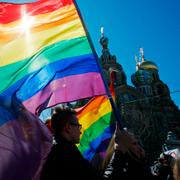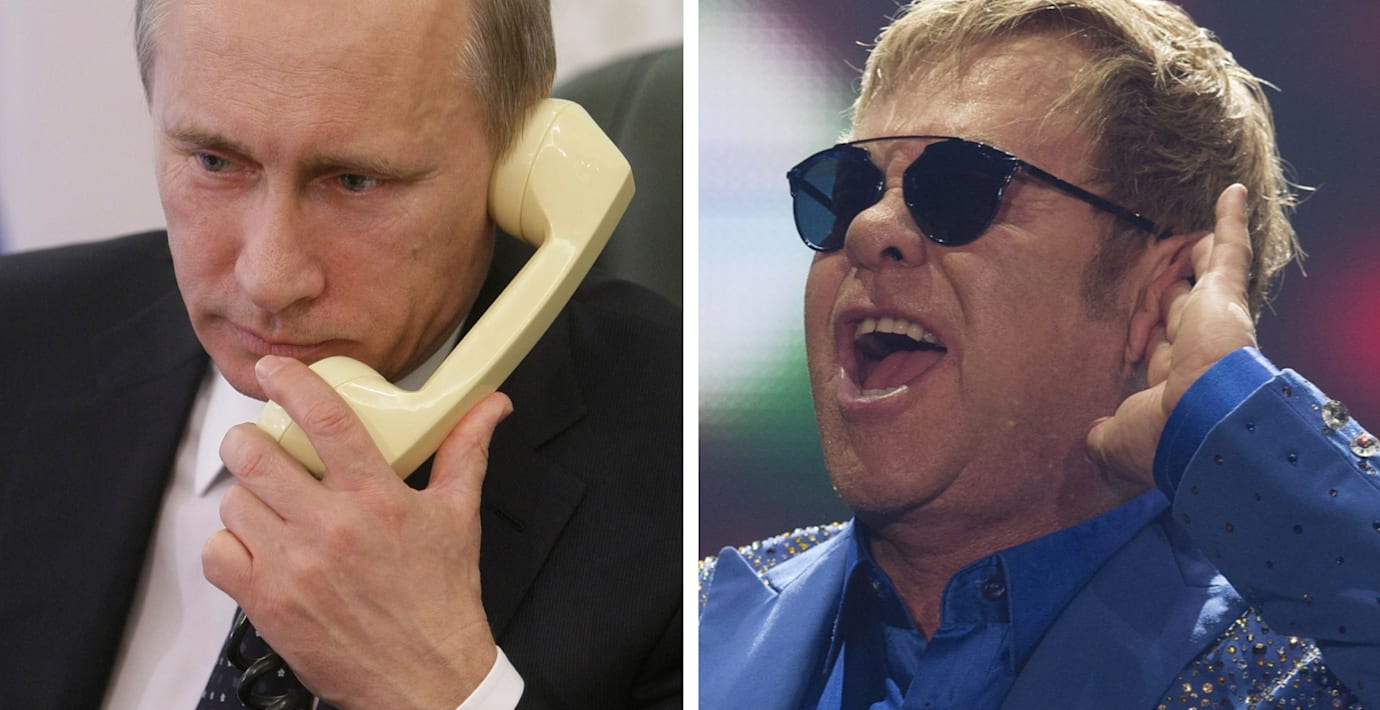
Putin ringde Elton John – nu på riktigt
Vladimir Putin har ringt upp musikern och gay-aktivisten Elton John och föreslagit att de två ska träffas, skriver AFP. I förra veckan blev Elton John lurad av två ryska komiker som utgav sig för att vara den ryske presidenten och dennes pressekreterare. På inspelningen av busringningen, som sändes i rysk tv, kunde sångaren höras säga att det var ”det mest fantastiska telefonsamtal han någonsin fått”.
Elton John har tidigare sagt att han gärna skulle träffa Putin för att diskutera Rysslands bristande respekt för homosexuellas rättigheter.
bakgrund
Ryska anti gay-lagen
Wikipedia (en)
The Russian LGBT propaganda law (also known in English-language media as the gay propaganda law or the anti-gay law) refers to a Russian federal law "for the Purpose of Protecting Children from Information Advocating for a Denial of Traditional Family Values". Unanimously approved by the State Duma on 11 June 2013 (with just one MP abstained—Ilya Ponomarev), the bill was signed into law by President Vladimir Putin on 30 June 2013.
Motivated by a goal to protect children from being exposed to content that promotes homosexuality as being a norm in society—contradicting "traditional" family values, the statute amended the country's child protection law and the Code of the Russian Federation on Administrative Offenses, to make the distribution of "propaganda" among minors that is in support of "non-traditional sexual relationships", an offense punishable by fines. Businesses and organizations can also be forced to temporarily cease operations if convicted under the law, and foreigners may be arrested and detained for up to 15 days then deported, or fined up to 5,000 rubles and deported.
Supported by a number of conservative groups and a majority of Russians surveyed, the passing of the law was met with criticism, primarily from western and other foreign critics. The statute was criticized for its broad and vague wording, which many critics characterized as being an effective ban on publicly promoting the rights and culture of the LGBT community due to the unclear definition of "among minors". The law was also criticized for leading to an increase and justification of homophobic violence, while the implications of the laws in relation to the then-upcoming Winter Olympics being hosted by Sochi were also cause for concern, as the Olympic Charter contains language explicitly barring various forms of discrimination.
However, some felt that critics had overreacted to the law, noting that, unlike some countries with stricter anti-LGBT legislation, it did not criminalize same-sex relationships, sexual activity, or being associated with pro-LGBT organizations. The reaction to the law was also classified as an example of anti-Russian sentiment.
Omni är politiskt obundna och oberoende. Vi strävar efter att ge fler perspektiv på nyheterna. Har du frågor eller synpunkter kring vår rapportering? Kontakta redaktionen
